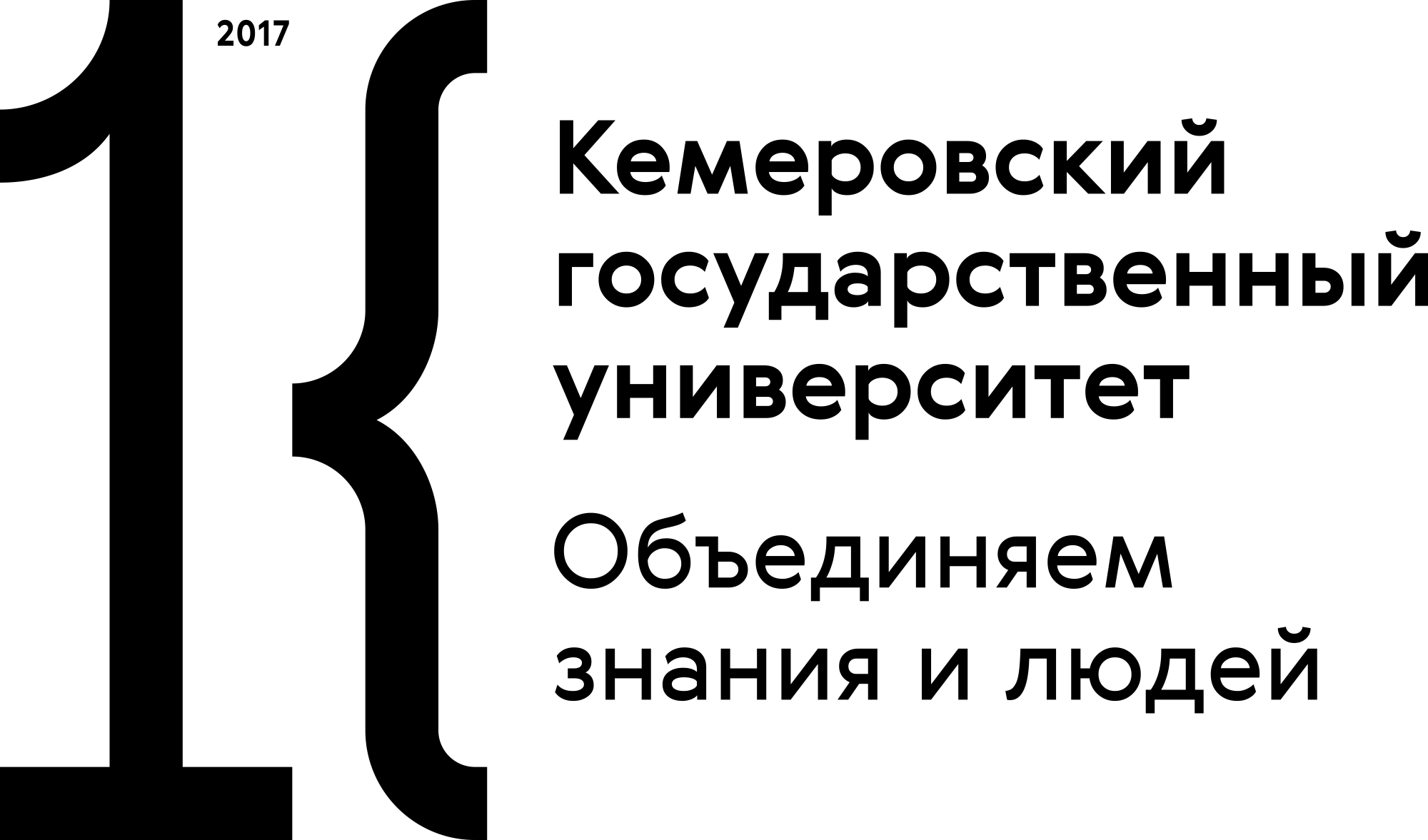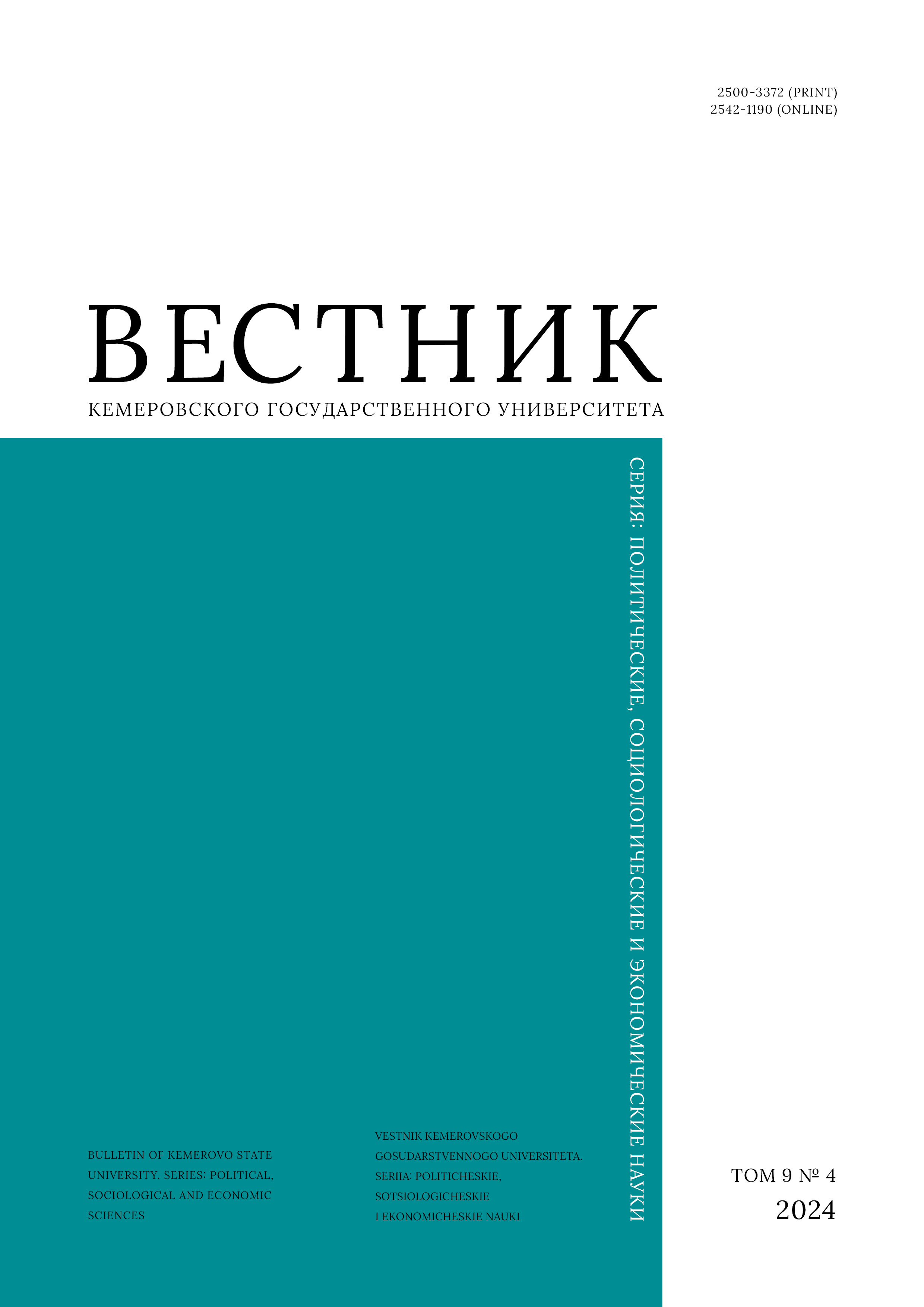from 01.01.2017 until now
Izhevsk, Izhevsk, Russian Federation
UDC 32.019.51
In scientific and political discourse, populism is usually considered as a negative phenomenon that threatens democracy. In this study, the author aimed to define populism in this vein and to perform a critical analysis of the most popular approaches to this phenomenon. While refuting the idea of populism as anti-elitism or anti-pluralism, the article introduces an authentic definition of populism as manipulation of the masses by a politician. The new definition makes it possible to explain why heterogeneous phenomena designated by different authors as populism share similar negative characteristics. Populism poses a threat to democracy because it decomposes democratic culture, which can eventually destroy democratic institutions and result in authoritarianism. Moreover, it leads to rational ignorance and tyranny of the masses. Regardless of the specific reasons for the surge of populism in the late XX and early XXI centuries, its fundamental cause lies in the fallibility of human nature, which makes it a permanent threat to democracy.
democracy, populism, pluralism, elitism, rational ignorance, tyranny of the masses, manipulation
1. Judis J. B. The populist explosion: How the great recession transformed American and European politics. NY: Columbia Global Reports, 2016, 182.
2. Fuchs Ch. Authoritarian capitalism, authoritarian movements and authoritarian communication. Media, Culture & Society, 2018, 40(5): 779–791. https://doi.org/10.1177/0163443718772147
3. Shevchenko M. A. Authoritarian vs populism: Critical approaches. Discourse-P, 2019, (1): 120–128. (In Russ.) https://doi.org/10.17506/dipi.2019.34.1.120128 EDN: https://elibrary.ru/LIPIKA
4. Fishman L. G. "Empty signifier": The concept of "populism" in the contemporary mainstream political. Moscow University Bulletin of World Politics, 2021, 13(2): 13–32. (In Russ.) https://doi.org/10.48015/2076-7404-2021-13-2-13-32 EDN: https://elibrary.ru/MSVMMG
5. Müller J.-W. What is populism? Moscow: HSE, 2018, 135. (In Russ.)
6. Laclau E. O. On populist reason. Lomonosov Political Science Journal, 2009, (3): 54–68. (In Russ.) https://elibrary.ru/kyhfhv
7. Anselmi M. Populism: An Introduction. 1st ed. London: Routledge, 2017, 130. https://doi.org/10.4324/9781315268392
8. Gidron N., Bonikowski B. Varieties of populism: Literature review and research agenda. Working Paper Series, 2013, (13-0004). https://doi.org/10.2139/ssrn.2459387
9. Mudde C., Kaltwasser C. R. Populism: A very short introduction. 2nd ed. NY: Oxford University Press, 2017, 136. https://doi.org/10.1093/actrade/9780190234874.001.0001
10. Mudde C. The populist zeitgeist. Government and Opposition, 2004, 39(4): 541–563. https://doi.org/10.1111/j.1477-7053.2004.00135.x
11. Rucht D. Right-wing populism in context: A historical and systematic perspective. In: Populism and the Crisis of Democracy. Vol. 2: Politics, Social Movements and Extremism. Pt. 2. Dimensions of right-wing populism, eds. Fitzi G., Mackert J., Turner B. London: Routledge, 2018, 67–84.
12. Mouffe Ch. Deliberative democracy or agonistic pluralism? Social Research, 1999, 66(3): 745–758. EDN: https://elibrary.ru/HAJNFP
13. Meshcheryakov D. Yu. The concept of populism in modern Anglo-Saxon and German political science. RUDN Journal of Political Science, 2019, 21(4): 755–764. (In Russ.) https://doi.org/10.22363/2313-1438-2019-21-4-755-764 EDN: https://elibrary.ru/UVIRRV
14. Girard R. Populism, "the people" and popular sovereignty. Bulletin of Liberal Arts University, 2023, (3): 66–80. (In Russ.) https://elibrary.ru/kdrzww DOI: https://doi.org/10.35853/vestnik.gu.2023.3(42).06
15. Cook T. E., Morgan P. M. Participatory democracy. San Francisco: Canfield Press, 1971, 486.
16. Pateman C. Participation and democratic theory. Cambridge University Press, 1970, 122. https://doi.org/10.1017/CBO9780511720444
17. Abramyan A. S. About signs of populism. Bulletin of Moscow Region State University (e-journal), 2020, (3): 3–11. (In Russ.) https://doi.org/10.18384/2224-0209-2020-3-1021 EDN: https://elibrary.ru/MYPCLE
18. Nezhdanov D. V. Manipulating policy: The discourse of populism. Discourse-P, 2001, (1): 33–34. (In Russ.) https://elibrary.ru/trpkxz
19. Bauman Z. Liquid modernity. Moscow: Piter, 2008, 238. (In Russ.) https://elibrary.ru/qoabej
20. Hawkins K. A. Venezuela’s chavismo and populism in comparative perspective. NY: Cambridge University Press, 2010, 304.
21. Smilov D. Populism as anti-paternalism. Sravnitelnoe konstitutsionnoe obozrenie, 2019, (3): 15–26. (In Russ.) https://elibrary.ru/zvclhf DOI: https://doi.org/10.21128/1812-7126-2019-3-15-26
22. Rusakova O. F. Show-politics: Features of the discourse. Sotsium i vlast, 2009, (4): 36–39. (In Russ.) https://elibrary.ru/kyifyd
23. Federalism and centralization, ed. Kiselev K. V. Ekaterinburg: UB RAS, 2007, 373. (In Russ.) https://elibrary.ru/sijrwp
24. Weyland K. Neopopulism and neoliberalism in Latin America: Unexpected affinities. Studies in Comparative International Development, 1996, (31): 3–31. https://doi.org/10.1007/BF02738987 EDN: https://elibrary.ru/BTOYUZ
25. Pappas T. S. Populism and liberal democracy: A comparative and theoretical analysis. NY: Oxford University Press, 2019, 336. https://doi.org/10.1093/oso/9780198837886.001.0001
26. Malko A. V. Populism as a brake on democracy. Obshchestvennye nauki i sovremennost, 1994, (1): 104–111. (In Russ.)
27. Fishman L. G. On the prospects of left radical populism in Russia. Discourse-P, 2018, (2): 149–158. (In Russ.) https://doi.org/10.17506/dipi.2018.31.2.149158 EDN: https://elibrary.ru/YOUGOD
28. Rudenko V. Populist concept for protecting human rights in the crisis of conciliatory political systems. Antinomies, 2019, 19(4): 138–155. (In Russ.) https://elibrary.ru/cqqhxt DOI: https://doi.org/10.24411/2686-7206-2019-00012

















